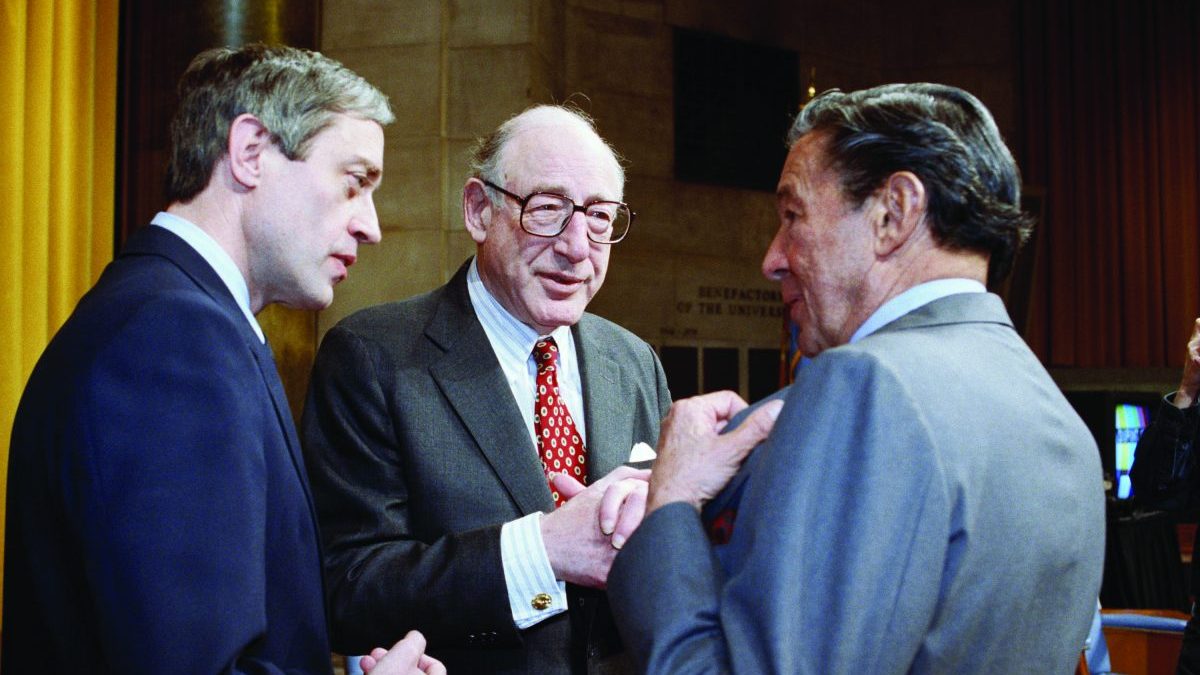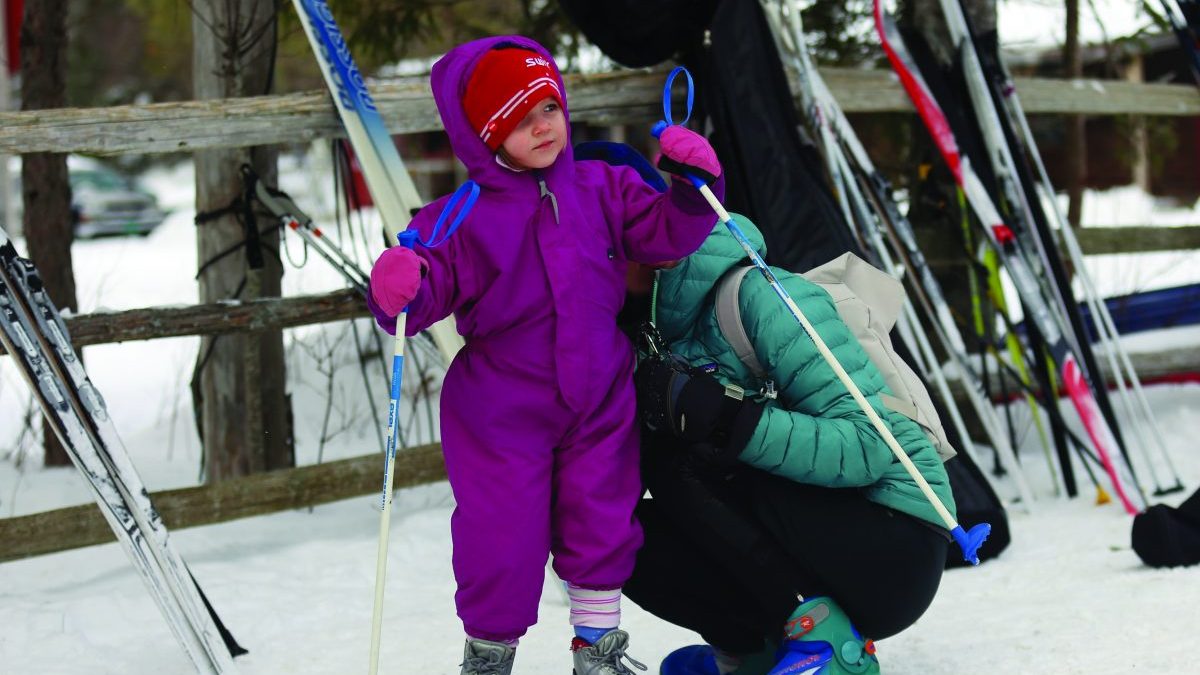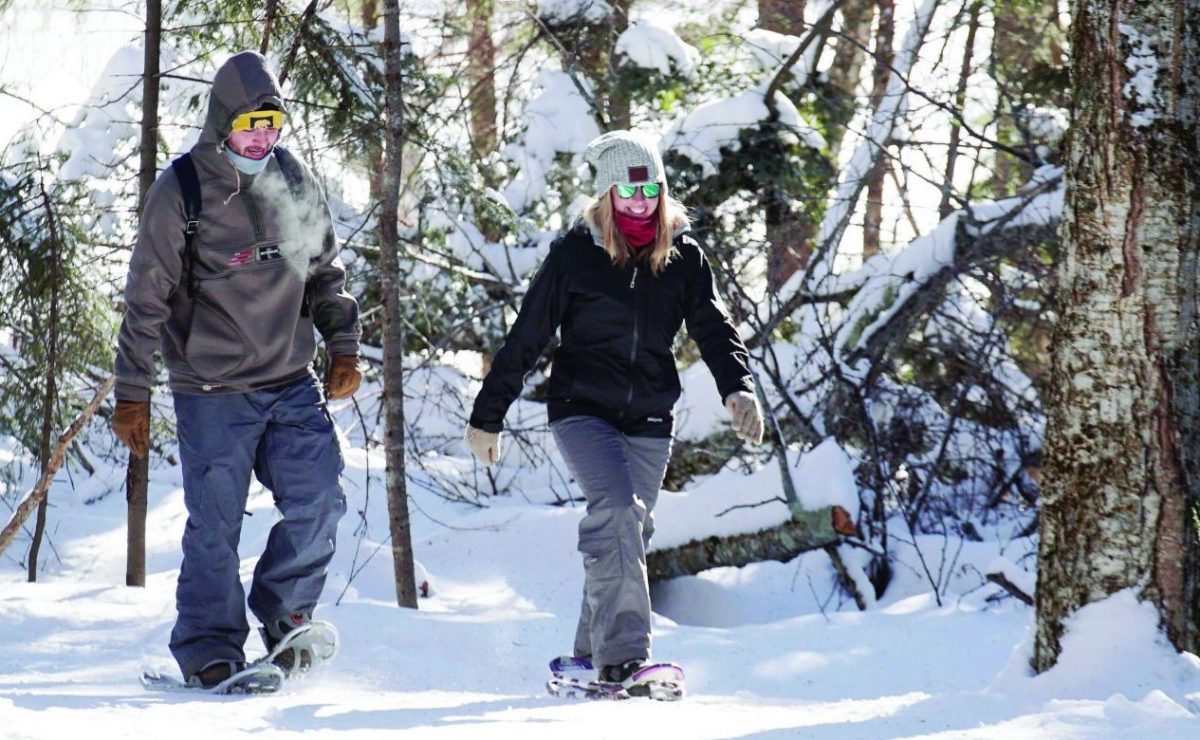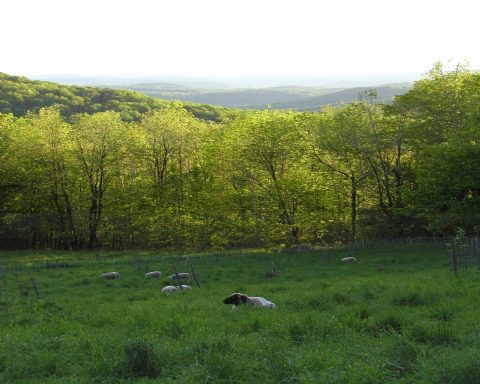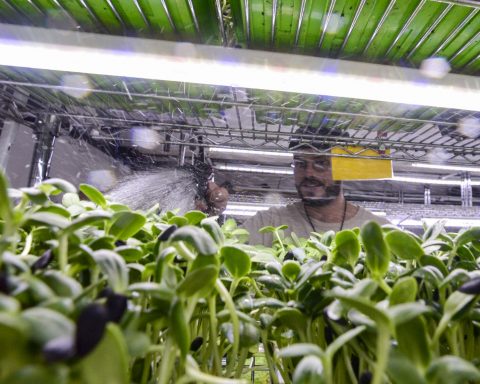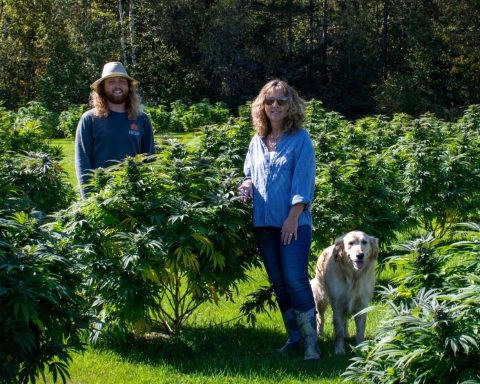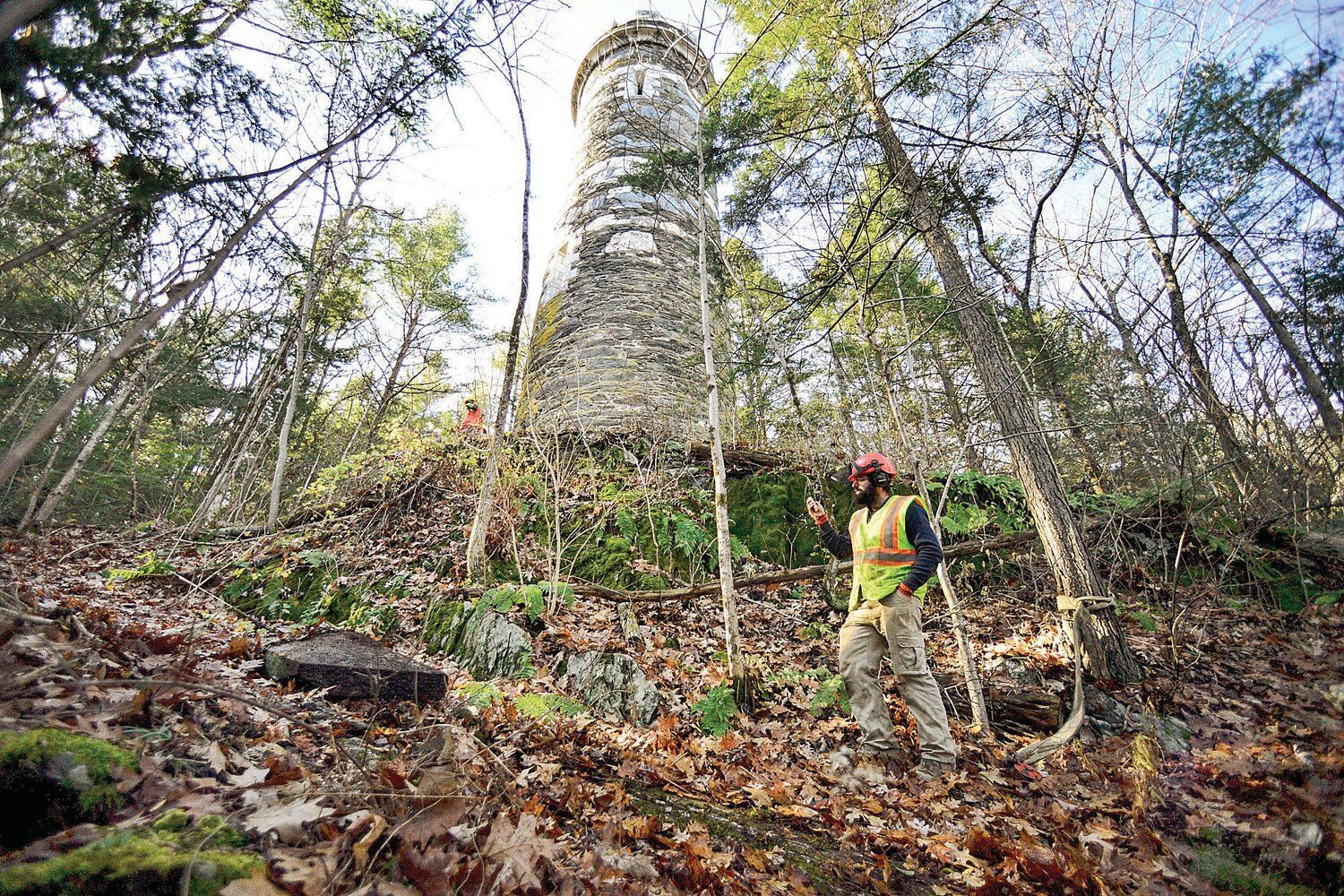The tennis tournament that ‘almost beat’ Fred Friendly

By Tony Silvia
The Berkshires long has been an oasis for those seeking to escape the congestion and occupational pressures of life in the big cities, especially for those in the public eye. From Fanny Kemble, the famed 19th-century actress, to current residents James Taylor and Meryl Streep, and second-homeowners such as Yo-Yo Ma, the ability to live almost anonymously is a powerful allure, an elixir beckoning from afar.
That was true for one of America’s most legendary journalists, the late Fred Friendly, president of CBS News from 1964 to 1966 and co-inventor of the investigative news documentary.
Like others before and since, Friendly and his wife, Ruth, were drawn to the Berkshires for its natural beauty, quiet, solitude and cultural bounty. The couple owned a cottage at 7 Oak St. in Stockbridge, bordering the Stockbridge Bowl — less than 2 miles from the gates of Tanglewood in Lenox.
It was the idyllic getaway the high-powered — some might say work-obsessed — Friendly needed to recharge before returning to the confines of CBS News headquarters on bustling West 57th Street in Manhattan in New York City. And it proved to be the perfect relaxation spot, all except for one visit — an especially hot Fourth of July, a day spent playing one too many games of tennis that ended at the Berkshire Medical Center.
An acclaimed journalist

Friendly was a well-established journalist when he arrived in the Berkshires. Before becoming CBS News president, he had produced “See It Now” with his broadcast partner, Edward R. Murrow, and later, “CBS Reports.”
Among his greatest accolades was producing the March 9, 1954, broadcast of “See It Now” — a critical look at Sen. Joseph McCarthy and the House Committee on Un-American Activities — often referred to as “television’s finest hour.”
The broadcast, now seen as one of the most influential programs of its time, hastened the end of McCarthy’s communist witch hunt. It was the subject of the 2005 Oscar-nominated film “Good Night and Good Luck,” depicting the courage Friendly (played by George Clooney) and his broadcast partner Murrow exhibited while challenging the despot McCarthy.
In his 20s, Friendly, who grew up in Providence, R.I., attended Nichols College in Dudley, Mass., about a two-hour car ride from Stockbridge; a proximity that might have helped forge his connection to the Berkshires.
Even as a young man, Friendly was known to be driven, a perfectionist, someone who had high expectations of himself and others. Once he became president of CBS News, the need for a respite from the pressure cooker of daily crises and decision-making became more crucial.
Longtime associate Marty Levin, who worked with Friendly in 1979 producing the Columbia Journalism School’s “Fred Friendly Media Seminars,” recalls that his boss seldom separated work from pleasure. “The only time I socialized with him was around work events. I can’t ever remember being at a nonwork-related event with him.”
He can remember having some fabulous dinners with the Friendlys, but only after three-hour meetings. “We never had a purely social occasion.”
While Friendly could enjoy himself, “he was always on,” Levin says.
“He was one of those people I think of like Steve Jobs … who refused to take the world as it was but fashioned it in his own aspirations. He’s also one of those people I think of as bigger than life.”
In physical stature, Friendly was, indeed, large, at 6 feet, 2 inches tall, but it was his imposing nature, as a journalist, a boss and, in his last position, as a professor, that characterized a man who could drive others, and himself, to the brink of exhaustion.
“No one could say ‘no’ to him,” is how Levin put it. “He simply didn’t accept ‘no’ when there was something he was passionate about and wanted to accomplish.”
It was, he adds, one of the reasons behind Friendly’s success. “If he wanted to accomplish something, your saying ‘no’ was a piece of data, not a turndown.”


That applied to everything he did, including recreational activities, tennis among them. And that is where the most often-told tale of Friendly’s connection to the Berkshires resides — beginning on a tennis court and ending at Berkshire Medical Center in Pittsfield.
‘An Overachiever’s Tale’
Friendly wrote about the episode in a July 1979 column, “An Overachiever’s Tale,” for The Berkshire Eagle. That month, on the Fourth of July, he and Ruth had signed up for a mixed-doubles tennis tournament at the Stockbridge Golf Club. Ruth was the better tennis player, but Fred was typically tenacious — almost to the point of his own demise.
As the tournament began, the couple anticipated being eliminated early on, perhaps after the first match of the day. (In all, they would play 70 games.) Instead, the couple readily defeated their often-younger opponents and moved up in the competition.
Soon, the team of Friendly and Friendly was set to play in the quarterfinals. “Drenched, blistered and dehydrated,” they took a 45-minute break before returning to the court. It was the first of several regretful decisions Friendly would make that afternoon.
Deep into the second set of the quarterfinal match, Fred’s troubles began.
“Suddenly, my chest began to ache as if a 20-pound stone was strapped to it,” he wrote. “That made my breath come in even shorter bursts. The stone felt heavier, or more like a concrete corset tightening around my chest. I was growing dizzy with moments of double-vision.”
Ruth, certain that his blisters were bothering him, suggested that they quit. His reply resonates with those who knew Fred Friendly best: “I will not leave this court.”
Finally, it was over, the other couple won 6-1. Handshakes were exchanged. Ruth ruffled Fred’s feathers when questioning his apparent anger with her for suggesting that his foot blisters were the cause of his struggles on the court.
“It’s not my feet. It’s my chest that’s killing me,” he recounted in the column. “At least one of us suspected I was a fool.”
The Friendlys returned to their cabin on Stockbridge Bowl and Fred had, what he called, a “medicinal” scotch. His chest still was pounding. Ruth, taking his pulse, could tell his heart was racing at 150 beats per minute.
Fortunately, their cabin was located a few hundred yards from Camp Mah-kee-nac, a boys’ summer camp on Hawthorne Road that still exists. Ruth set off to find the camp’s doctor, who, in less than 10 minutes, had the Lenox Volunteer Ambulance Service in the Friendlys’ driveway. Suddenly, he was en route to the hospital.
Along the way, he recounted seeing some of his favorite Berkshire landmarks along Route 7: “the closed Curtis Hotel, the Log Cabin, Friendly Ice Cream (no relation), the new Deli, the Baseball Pitcher, my beloved popcorn stand on The Square, North Street and the row of theaters and — suddenly — there we were at the emergency dock of the Berkshire Medical Center.”
It was determined, after multiple tests and several days’ stay, that he hadn’t had a heart attack, but an atrial fibrillation — similar, not the same, but just as potentially deadly. The episode led Fred to quip that among his CBS colleagues, “the laugh line was ‘Friendly doesn’t get heart attacks or ulcers, but he sure is a carrier.”
To this day, Ruth insists that what saved her husband was chicken soup from the Berkshire Medical Center’s vending machine, the only after-hours nourishment she could find for a hungry Fred.
A friendship is struck
Among those who had a hand in Fred Friendly’s playing in the tennis tournament on that near-fatal day was Fredic Rutberg, an attorney and judge, now president and publisher of The Berkshire Eagle.
“I was a young guy then and I joined the Stockbridge Golf Club,” Rutberg says. “I became the chair of the committee to organize two big tournaments every year, including the one on that July Fourth, the mixed-doubles tournament, in which it just so happened Fred was playing with his wife, Ruth. They had to play more than one round and it was a blisteringly hot July Fourth weekend. Later, I heard that, at the end of the day, he felt bad and went to the hospital. He was overdoing it.”
That was the end of his personal connection to Friendly, Rutberg says, until “about 10 to 15 years later I had a note that Fred had called. The message was that they needed some zoning issues resolved involving their cottage at the north end of Stockbridge Bowl.”
It was a call that would be the beginning of a friendship.
Before agreeing to do the legal work, Rutberg joked with Friendly: “I said, ‘By the way, I almost killed you.’”
Friendly told Rutberg, “If you can get me this permit, I’ll come to teach a class for you.”
Rutberg, who, at the time, was an adjunct professor at the Western New England School of Law in Springfield, took him up on the offer.
“He came, and it was an amazing class,” Rutberg recalled.
In recent years, since Friendly’s passing in 1998, Rutberg occasionally still runs into Ruth Friendly, now 96, at various spots around Stockbridge and Lenox.
A respite from the world

The Friendlys, like so many high-profile seasonal residents, left their mark on the Berkshires, just as the Berkshires left its mark on them. A 1990 Tanglewood program lists them among prominent contributors to its annual fund. The couple frequently attended Shed concerts and, at other times, enjoyed the Boston Symphony Orchestra from the deck of their cottage.
And Fred Friendly could get so engaged by the Berkshires’ ambiance that he often would put aside communication with the world outside, apologizing for his negligence in replying to a letter. In one response, he wrote: “I am flunking in correspondence. My support staff is Ruth Friendly and the two of us irresponsibly ignored the growing piles of mail this summer as we enjoyed the bucolic scene from our cottage in the Berkshires.”
Even as he pondered his fate from a hospital bed after the tennis incident, Friendly remained focused on the beauty surrounding him: “The view of my beloved Berkshires from the Berkshire Medical Center is pleasant enough, but the one I cherish most is across Stockbridge Bowl at sunset. I need to work on my head, not my tennis, to make sure that miracle shows up every day.”
Tony Silvia is a professional journalist, author, and professor of journalism and digital communication at the University of South Florida. He spent over two decades in broadcast journalism, as a general assignment, political and consumer reporter, in addition to TV news anchoring. His work has been featured worldwide on CNN, CNN-International, Headline News, and the Airport Network, CBS’ “Face the Nation,” Sirius Radio, Newsweek and Sports Illustrated. He is the author of nine books, including the forthcoming “Dyslexia and the Journalist: Battling a Silent Disability,” which features a chapter on Fred Friendly, who was an undiagnosed dyslexic.
